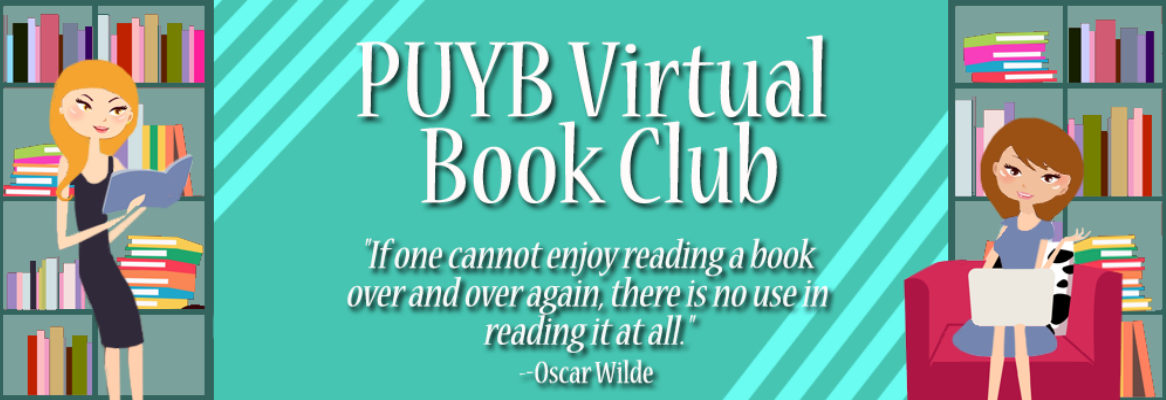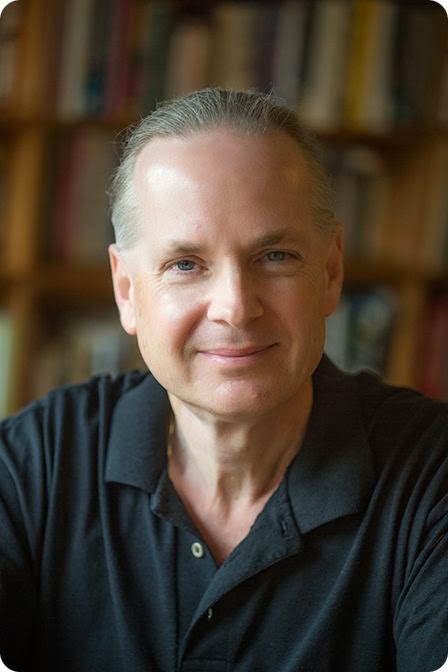Annu Subramanian is the director of the Writing Center at Brown School, Schenectady, New York. She co-founded Albany Women Connection, a
support group in Albany, New York. She was chosen as one of four national
finalists by the Norman
Mailer Center and National Council of Teachers of English
(NCTE) in 2011 for her short story, SO FAIR AND VERY LOVELY. She was
chosen as Educator of Excellence in 2011 by the New York State English Council.
Her latest book is the factu-fiction, Another
Heaven.
Visit her website at www.annusubramanian.com.
About the Book:
Annu Subramanian's new novel, ANOTHER HEAVEN, exposes with
unflinching honesty and deep psychological insight the twisted relationship
between terrorism and human trafficking. ANOTHER HEAVEN may be difficult
to digest in part, but its frankness and refusal to turn away from the
unsparing horror of its terrible premise make the book an essential addition to
the literature of terrorism and its links to international human trafficking.
Subramanian, a
self-described “writer of conscience,” employs her considerable literary skills
in the service of shining a bright light on human rights abuses and terrorism.
In her previous novel, WAITING FOR THE PERFECT DAWN, Subramanian focused
on bringing awareness about the suppression of women and domestic violence.
Purchase your copy:
AMAZON
It’s a pleasure to have you at the book club, Annu!
You describe your book, Another Heaven, as a factu-fiction. Can
you explain to us what that is and how it applies to your book?
Annu: ANOTHER HEAVEN
is fiction that is based on current events of terrorism and human trafficking.
I chose to address these global issues through fiction instead of presenting
facts through non-fiction—by using life-like characters and day-to-day
episodes—to help my readers relate better to human trafficking and terrorism. While
teaching a high school course titled Eastern Literature, my research invariably
led to two global issues; human trafficking and terrorism. Compelled by the
more recent events involving acts of terrorism, I decided to write this
research-based novel. An incident that occurred close to my home in India,
an explosion that was triggered at the end of a dispute between two religious
groups, cemented the purpose in my mind to expose the atrocities associated
with human trafficking and terrorism, and I began to write the first chapter of
ANOTHER HEAVEN. This is a story I had to tell.
Even though this book is fiction, it focuses on human
trafficking where thousands of children, women and men fall into the hands of
controlling and manipulative people who exploit them in ways that are
incomprehensible. You wrote your book to bring everything to
light. What kind of research did you do in order to write this?
Annu: I read news
articles, journal abstracts, books on psychological manipulation, and spoke to
professionals and listened to talks. My research showed me how human
trafficking operates as an organized criminal activity. It is a horrific
violation of human rights where thousands of children, women, and men fall into
the hands of traffickers, either in their own countries or somewhere abroad.
The victims are controlled, terrorized, exploited, and forced into prostitution
and indentured labor. ANOTHER HEAVEN, my novel, sheds light on a different
reason for human trafficking; how the victims are manipulated and shaped into
missionaries of terrorism. My novel focuses on three elements: human rights
abuse, extreme religious beliefs, and psychological deception of terrorism, and
the three elements feed each other.
Can you give us a brief description of the main characters in
your book?
Annu: Main
character: Tina
Matthew- an American doctoral student in the field of psychology from Pennsylvania.
She goes to India for an internship in counter-terrorism, and her visit changes
her life forever.
Main/Supporting characters:
Dr. Neil Shaker - An American psychoanalyst who is on a temporary assignment in Chennai, India (Tina’s mentor). In some ways, he becomes Tina’s ally.
Usman- antagonist (a master terrorist who recruits and trains missionaries for terrorism-some of the missions are terminal). His single-minded goal of attaining salvation and reaching heaven at any cost, even at the loss of several lives, is the reason for the title of the novel.
Maya- the key victim of human trafficking. Her horrific and tragic experiences change the course of the novel. While completing her thesis in India, Tina unknowingly is thrown into a terrorist’s plot based on religious fanaticism. With the help of her mentor, Dr. Shaker, she learns how Usman executes his crazed religious righteousness through psychological manipulation of trafficked victims. After encountering real-life trauma faced by the victims, Tina’s resolution to address terrorism turns into a passion and becomes her calling.
In your native land
of India, was human trafficking
more or less a problem than in the U.S.?
Can you give us an example of what you saw in India?
Annu: I see (through news articles and my conversations with
like-minded individuals) that human trafficking is a growing problem, not only
in India but
everywhere. It has become a global issue.
Many incidents occur in the USA which are consequences of
human trafficking. Here is the link to an incident that occurred in the suburb
of Albany, NY. Young women are unwittingly drawn into horrific situations, and
it is very hard for them to get back to normal lives.
When ANOTHER HEAVEN was launched in Albany, New York, during
a panel discussion on human rights, I dedicated the event’s proceeds to Aapne
Aap, a grassroots movement in India that is struggling to end sex trafficking.
In fact, my novel is dedicated to victims of human trafficking, and the
proceeds benefit organizations helping victims of human trafficking.
What can we do as citizens to help in the fight to stop human
trafficking or is that the million dollar question?
Annu: We have to approach human trafficking as a universal concern.
It is an organized criminal activity, a billion-dollar industry ( http://www.prajwalaindia.com/).
It is very hard to break through the many-layered
organizations which thrive on human trafficking. Nevertheless, we must work as
a community to address this epidemic. We can discuss this issue regularly
through news media, magazine articles, and videos. I welcome opportunities to
talk about human trafficking at local libraries and support groups to raise
awareness about this global issue.
What have been some of the responses from those who have read
your book?
Annu: The readers are shocked but glad to see that a book is
available that covers two global issues, human trafficking and terrorism, under
one project.
Here are some of their comments:
“The basic message of the novel seems to me to be one of
hope.”
“Another
Heaven by Annu Subramanian is a vital book for our time.”
“...a fascinating story with a suspenseful plot and rich with
characters you care about and root for until the end.”
“I was hooked to the novel
right from the prologue!”
“Another Heaven is a dauntless effort
to protect mankind from the snares of the universally abhorred demon called
Terrorism.”
“The book
adds to our communal knowledge about why terrorism takes hold and perpetuates
in our world.”
“This novel exposes the readers to the
psychology behind terrorism.”
“A
story that will remain in your mind forever!”
“This book is soaked with
emotion and wrenches your heart strings.”
What would say was one of the most pivotal parts of your
book?
Annu: This is the scene where the key victim of human trafficking
is going through the last stages of brainwashing while she is being prepared by
her ‘Master’ (the primary member of the terrorist organization) for a terminal
mission:
“I’m all you
have, Maya,” Usman whispered softly, intoxicatingly, gently pulling the sheet
to reveal her bare body. He opened a tube of ointment and methodically applied
the balm on her gaping wounds. He covered her body with the sheet again and
rested his hand on her shoulder. “I’m all you have, Maya. Your father sold you.
Your fiancé abandoned you. Your society discarded you. You’ve nothing to live
for. Will you do anything I ask you to do? Will you promise me to do anything I
ask you to do?”
In this scene, Dr. Shaker (a psychoanalyst) and Tina Matthew
(the doctoral student who is working on her research in counter-terrorism) are
questioning Usman, the terrorist, in his prison cell. After several interviews
over a few weeks, the prisoner’s unbending conviction that he would go to
heaven, despite the atrocious crimes he has committed, shows how far he has
himself been brainwashed during the course of his career.
“Why?” asked Shaker, disconcerted by Usman’s cool, collected tone.
“The end of
all means is the beginning.”
“What do you
mean by that?” Tina asked boldly. All the maddening emotions she had suffered
in the past converged and made her heart miserably heavy.
“That means,
Miss Matthew, I might go now, not exist anymore, but my mission will never end.
So you see, there is really no death for me. My mission is my life, my every
breath, my heart and soul. And when I stop existing in your world, my heaven
will accept me with open arms. My end will result in a new beginning. My
mission will thrive in another hand.”
Is there anything else you’d like tell your readers or the
public in general?
Annu: Human
trafficking is not an isolated incident that is happening in a remote part of
our world. It is a rising universal issue that is affecting our global
community. I have tried to use ANOTHER HEAVEN as a bold
campaign against human trafficking and terrorism. I hope my novel reaches my
readers as a movement against human rights abuse.
Enter to win a $25 Amazon Gift Card & one of four copies of her book!

















